
Can You Give SSB Interview in Hindi? Clear All Myths
Are you unsure about the use of Hindi during the SSB interview process? Don’t worry! We are here to help you clear all myths regarding the use of Hindi in SSB interview. If you have landed here seeking an answer to this question, we are sure you must have heard conflicting info about whether Hindi can be used in the SSB interview. If you are weak in English, it is important to understand the permissible usage of Hindi while appearing for the SSB interview. In this article, Centurion Defence Academy will decode all the doubts surrounding the use of Hindi in SSB interviews. Read on to learn more about whether you can give SSB interview in Hindi.
The Services Selection Board (SSB) interview is a vital part of the selection process for aspiring candidates aiming to join the Indian Armed Forces. It’s a rigorous evaluation that assesses not just the intellect of defence aspirants but also their personality, character, and suitability for a career in the Indian Armed Forces. However, there are several misconceptions and myths surrounding the SSB interview process that often create apprehension among candidates. Let’s uncover these myths and shed light on the reality of the SSB interview.
4 Points to Understand the Use of Language in SSB Interview:
First and foremost, English serves as the formal mode of communication within the armed forces and is widely embraced across various other professional domains. Its prominence in the SSB interview surpasses that of Hindi or any other regional language. This preference for English is attributed to its universal acceptance in professional settings and its ability to accommodate candidates from diverse linguistic backgrounds participating in the SSB.
Secondly, the essence of using any language in the SSB lies in effectively conveying one’s thoughts so that others can comprehensively understand. English takes precedence in the SSB interviews due to the diverse origins of the candidates. India’s multilingual landscape signifies that not everyone may be proficient in Hindi or other regional languages. Thus, English, being more commonly understood and expected in a professional context, is favored over other languages.
Thirdly, the SSB interview comprises various assessments like PP&DT (Picture Perception & Description Test), GD (Group Discussion), Lecturette, and GPE (Group Planning Exercise), among others. These assessments necessitate candidate interaction, and English remains the preferred language during these stages. Understanding the importance of English not only in interviews but also in these diverse evaluations becomes crucial for successful participation.
Fourthly, the interaction of candidates hailing from distinct regions during the SSB interview highlights the significance of a common language. Those from the northeastern or southern parts of the country may not be fluent in regional languages but might possess proficiency in English. Therefore, English emerges as a unifying language that bridges the linguistic diversity among candidates in the SSB interview process.
Should I use Hindi in SSB or not?
Regarding the important query of whether one can give the SSB interview in Hindi, the conclusion remains that giving the entire interview solely in Hindi might not be feasible. Proficiency in conversing with officers and others in English is imperative. However, if there are communication challenges in English, using Hindi at irregular intervals might be acceptable, based on the flow and context of the interaction. Ultimately, the ability to articulate thoughts effectively in any language becomes a decisive factor during the SSB interview process. This comprehensive approach recognizes the significance of English in the SSB interview while acknowledging the potential use of Hindi in specific situations.
If defence aspirants find themselves weak in English, they must prioritize improving their proficiency in the language. Learning English is a trainable skill that can be enhanced over time with consistent effort and practice. Moreover, for those aspiring to crack the SSB interview, acquiring proficiency in English is equally important. The use of Hindi is not entirely prohibited, but the ability to communicate effectively in English is a crucial aspect for candidates.
Is fluency in English a must to crack the SSB interview?
One of the most common misconceptions is that fluency in English is a decisive factor in SSB interviews. However, the truth is that the interviewers are more interested in your communication skills, irrespective of the language. While English might be the preferred medium due to its widespread use, proficiency in Hindi or any other regional language is equally valued. The emphasis lies on clarity, confidence, and effective expression of thoughts rather than the language itself. SSB interviews are more about assessing an individual’s inherent qualities, character, and potential to become a valuable asset to the armed forces. Further, honesty, self-awareness, and a genuine passion for serving the nation are the qualities that truly matter in an SSB interview.
Why is English important in the SSB Interview?
|
If you want to join the Indian Armed Forces and wish to become an armed forces officer, then Centurion Defence Academy is the best institute for complete preparation of the NDA, CDS, AFCAT, MNS, and other defence exams. Centurion not only provides written exam guidance but also offers the right mentorship for SSB interview preparation. With a record selection in the NDA, CDS, MNS, and AFCAT, Centurion Defence Academy stands as the best defence coaching institute in India. In case you need assistance regarding admission or have further queries, you can contact our representatives at +91 9795977776.
You can also download the Centurion Digital App – https://bit.ly/3L8xwRY
Success Story Posts
Recent Posts
-
MNS 2024 Exam Eligibility,…
April 30, 2024
-
Register Now for Free…
April 27, 2024
-
Which online course is…
April 25, 2024
-
NDA 1 2024 Result…
April 24, 2024
-
Best RIMC Coaching 2024…
April 23, 2024
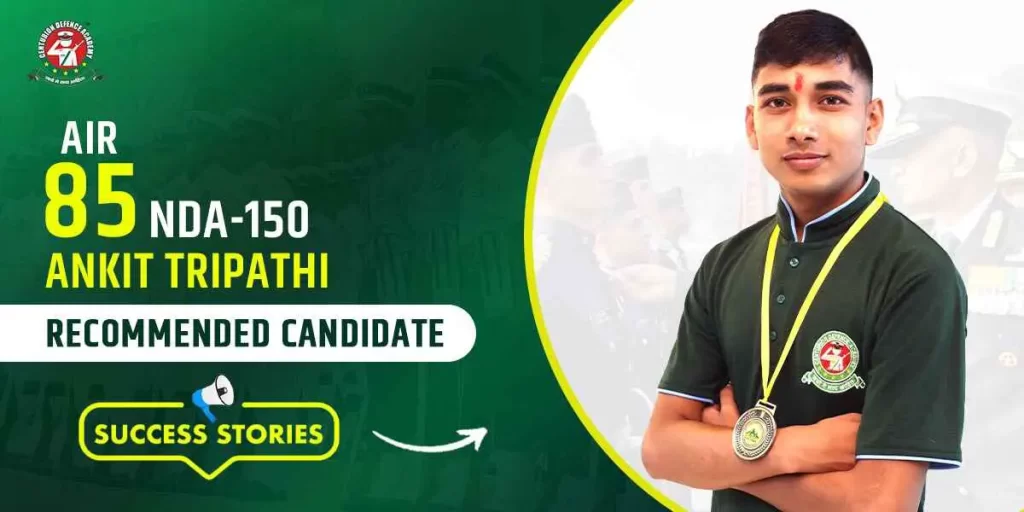


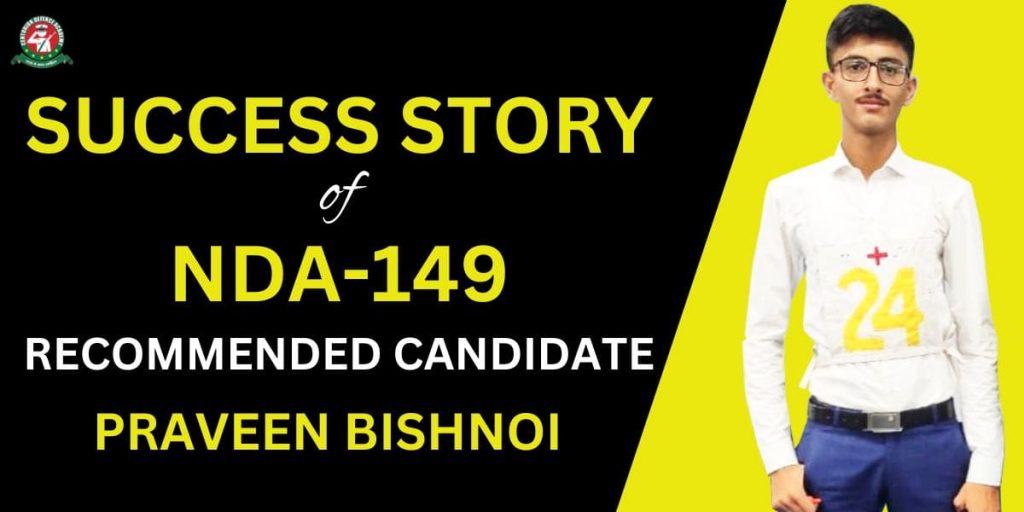
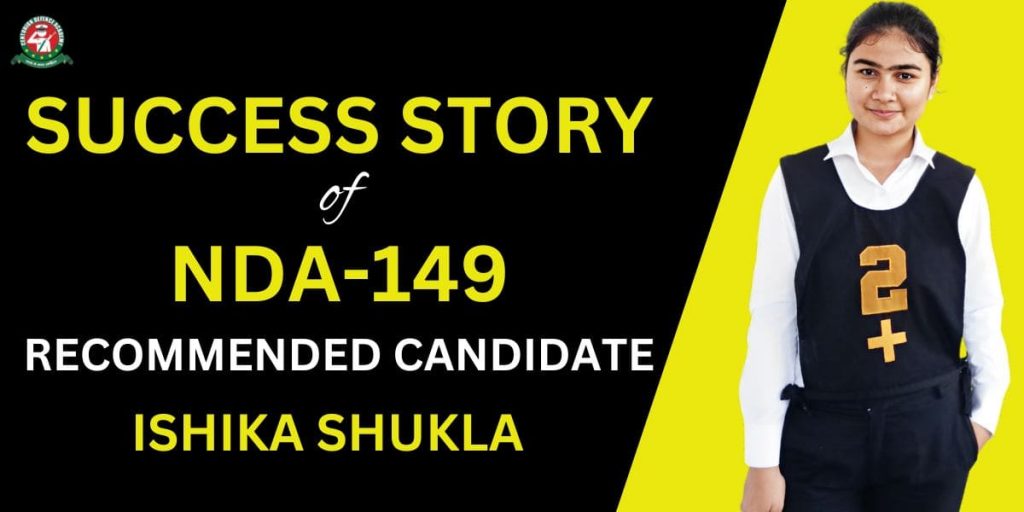
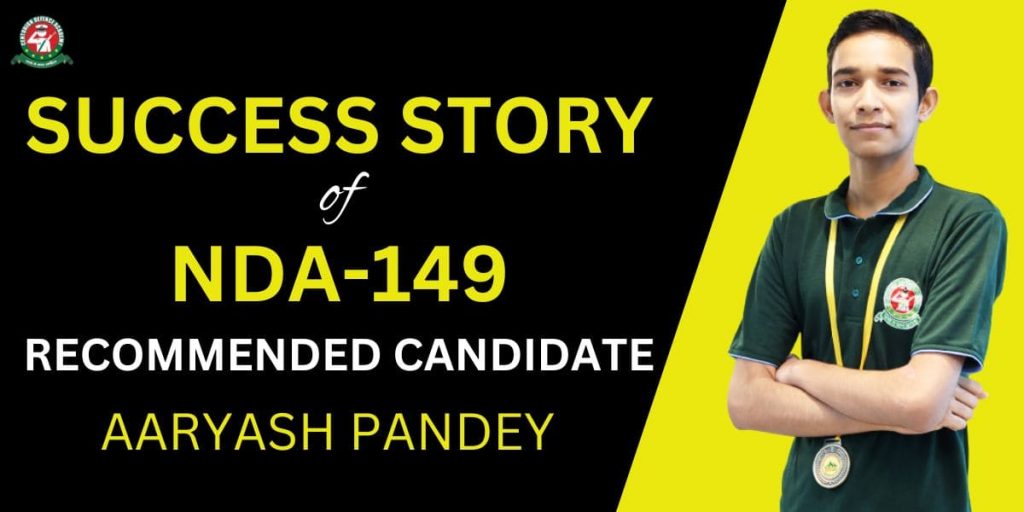

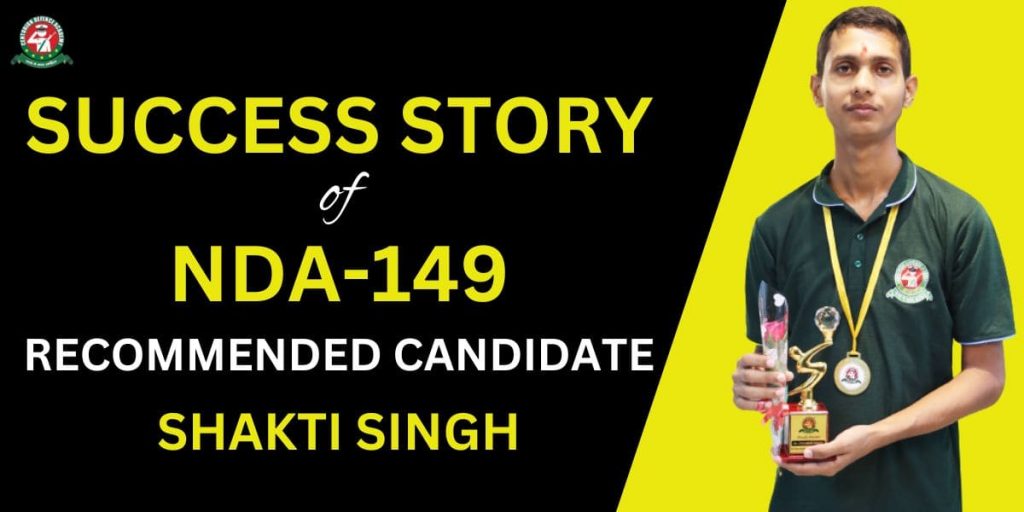
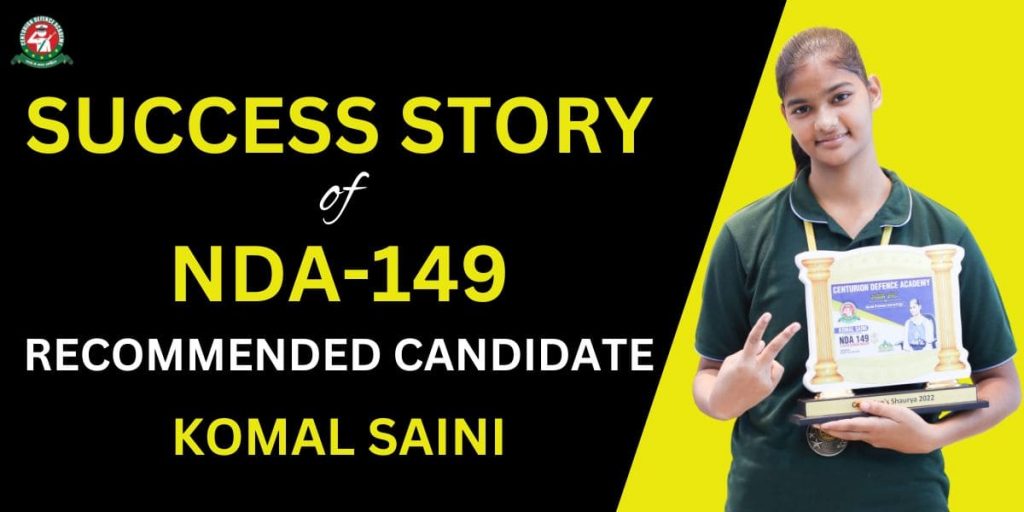
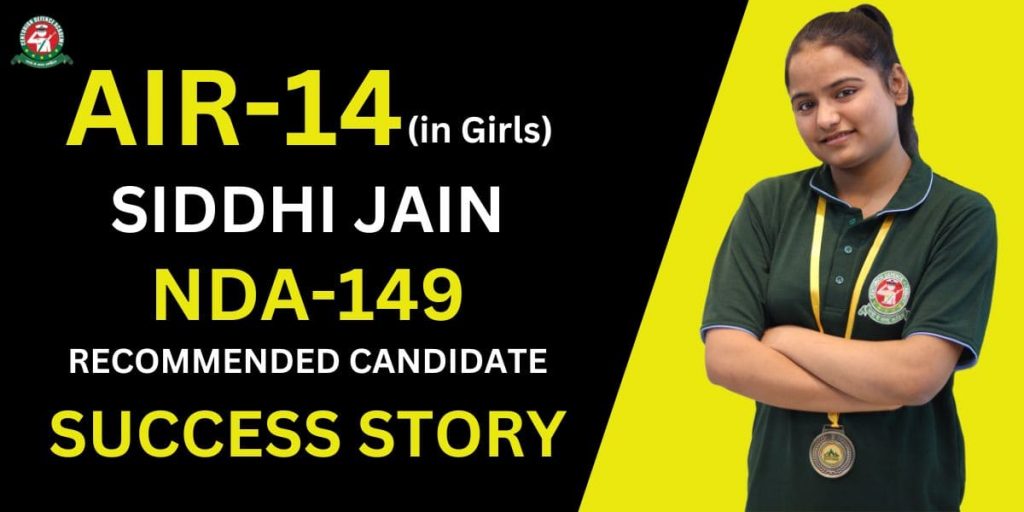
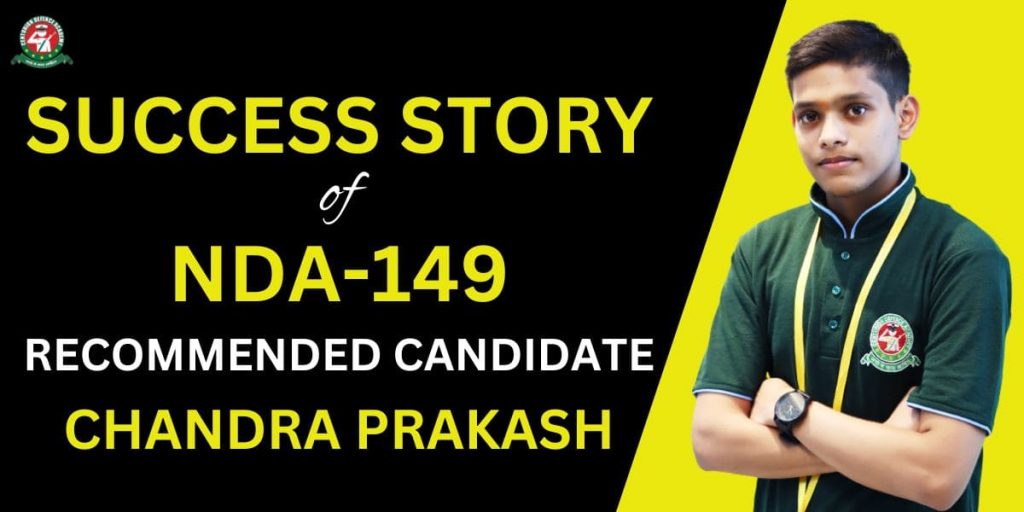
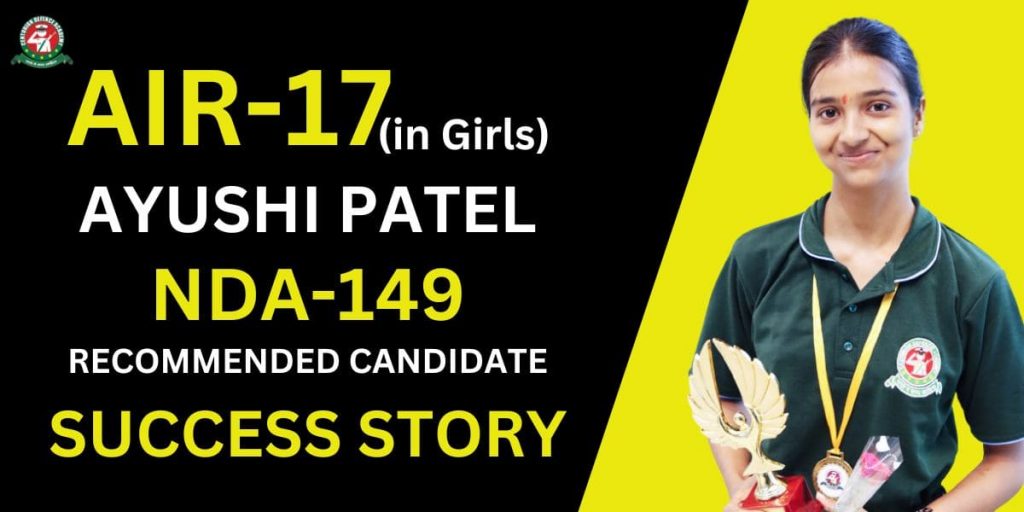
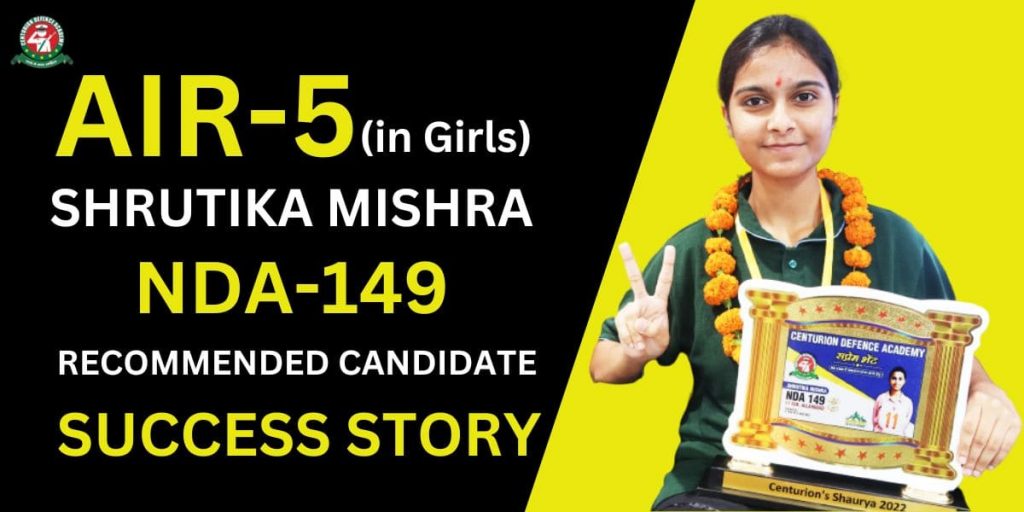

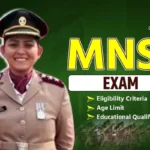








Leave Comment